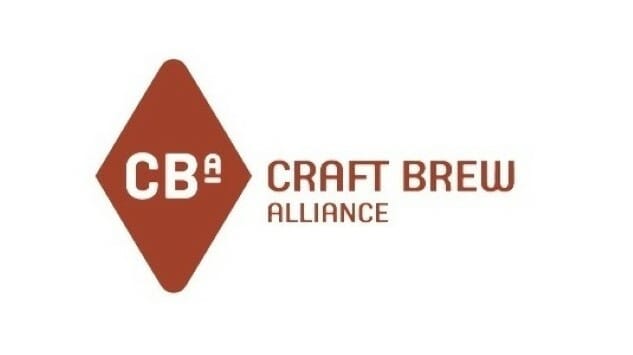AB InBev Has Passed on its Deadline to Buy the Craft Brew Alliance (CBA)
Photos via Craft Brew Alliance Drink News craft beer
This morning, Anheuser-Busch InBev officially confirmed to news outlets an announcement that runs counter to what some were expecting: They have passed on their exclusive opportunity to buy the remaining 68.7% of the Portland, OR-headquartered Craft Brew Alliance, of which they already own 31.3%. The company had been running up to a deadline that ended today, with two choices on the table: Either make an offer to buy all the company’s remaining stock at $24.50 per share (which comes to $328 million), or walk away for a one-time $20 million fee. AB InBev chose the latter, running counter to the expectation of a fair number of beer outlets, who had recently been theorizing on the value potentially offered by CBA and its brands to the AB InBev empire—specifically, the Hawaii-based Kona Brewing Co.
CBA is a brewing collective, whose brands including crown jewel Kona, along with Widmer Brothers, Redhook, Omission (gluten free), Square Mile Cider, Cisco Brewers, Wynwood Brewing, Appalachian Mountain Brewer and The pH Experiment. Although some of those brands have faced hardships in terms of sales in recent years (Widmer and Redhook, especially), the company’s fortunes are primarily tied to Kona, which has continued to flourish. The “Hawaii” imagery in particular was expected to make Kona a very attractive lifestyle brand for AB InBev to take national. Given that AB InBev also just weeks ago announced the acquisition of Ohio’s Platform Beer Co., ending a two-year acquisitions drought since they acquired Wicked Weed, it was natural to assume if that purchase was the first salvo of a new wave.
On the decision not to make the offer, AB InBev Brewers Collective president Marcelo Michaelis said the following:
“The long-standing and strong partnership we have with Craft Brew Alliance (CBA) is extremely valuable to Anheuser-Busch. While we are not making an offer to purchase the remaining shares of CBA, our existing commercial partnership with CBA continues to be a key complement to our industry-leading craft portfolio and we look forward to working together for many years to come.”
There are a number of reasons why AB InBev may ultimately have chosen to pass on the purchase, not least among them the fact that the size of the CBA would likely have required review and approval by the U.S. Department of Justice and the FTC for possible antitrust concerns, a process that would have taken considerable time and effort. Likewise, AB InBev does retain its 31.3% stake, and is already deeply integrated in the business of the CBA, in terms of both distribution and production. The CBA uses ABI’s “red” network of distributors, which give it access to markets nationwide, and also have the right to contract brew their brands in AB InBev production facilities at a substantial discount. Just because AB InBev elected not to buy the rest of the company doesn’t meant that the two aren’t still each other’s most important business partners.
At the same time, though, the choice leaves some odd possibilities on the table, such as the realistic possibility that the rest of CBA could be acquired by another major beverage company, which would result in a company split between multiple corporate masters. No matter how you slice it, this is an odd situation for the beer industry.